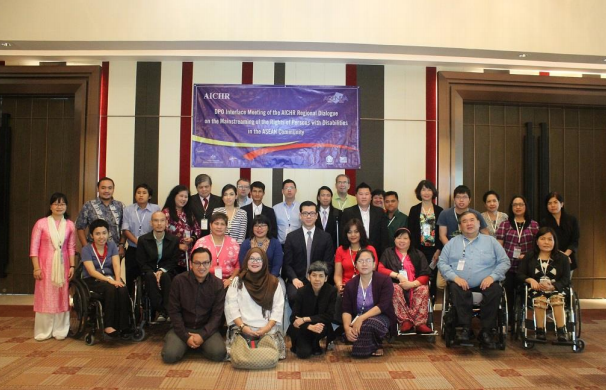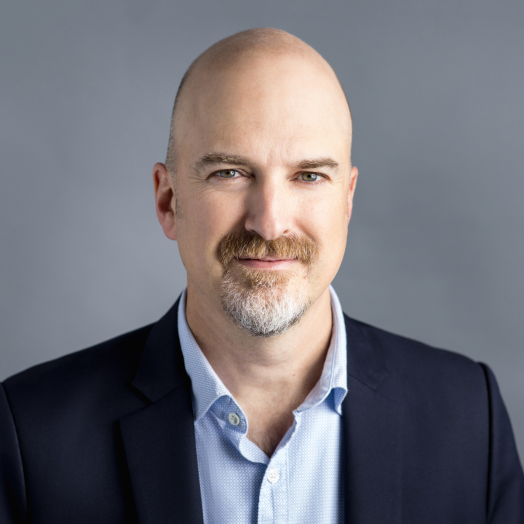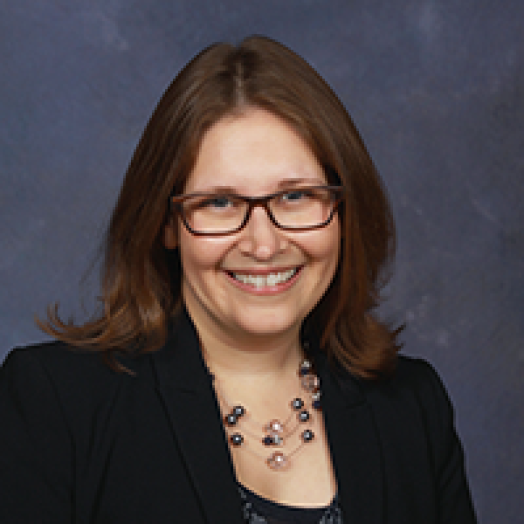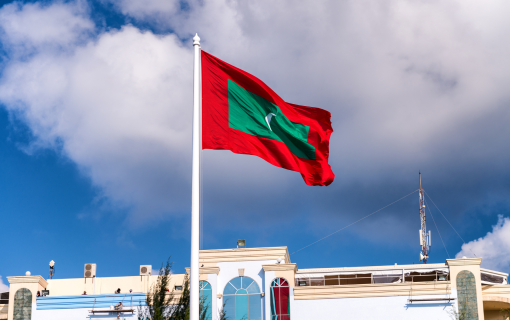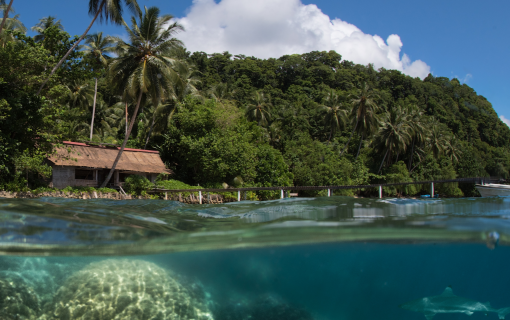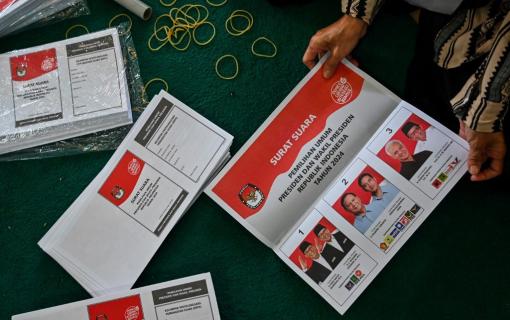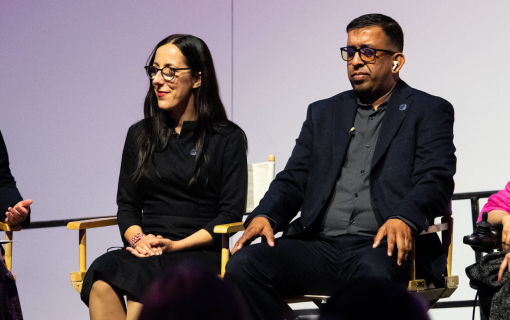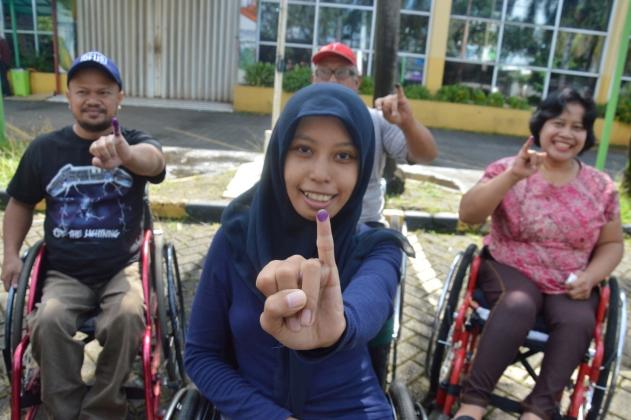
Advancing Disability Rights in Southeast Asia through Regional Network of Advocates
The World Health Organization estimates that 15 percent of the world’s population has a disability. In Southeast Asia that equals almost 90 million people. In most parts of the region, persons with disabilities are unable to participate meaningfully in political processes. Many polling officials receive no basic training on polling accessibility, and the majority of polling stations lack the appropriate assistive materials to support voters with disabilities, such as ramps and braille or tactile ballot guides – effectively excluding citizens with disabilities from the electoral process.
Article 29 of the Convention on the Rights of Persons with Disabilities (CRPD), which has been signed or ratified by all countries in Southeast Asia, stipulates that states must ensure that persons with disabilities can effectively and fully participate in political life, but people with disabilities face many barriers to exercising this fundamental right. Yet governments, electoral institutions and political parties often fail to adopt strategies to recruit and empower citizens with disabilities and to mainstream their inclusion in political processes.
In recognition of these challenges, in 2011 the International Foundation for Electoral Systems (IFES) established the General Election Network for Disability Access (AGENDA) across Southeast Asia. A creative partnership between disabled persons’ organizations (DPOs) and election-focused civil society organizations (CSOs), AGENDA serves as a forum to improve access to political and electoral opportunities for persons with disabilities by increasing public awareness and elevating advocacy efforts that call for change.
Since inception, AGENDA has realized a number of significant achievements:
First regional network on political rights of persons with disabilities: AGENDA is the first international network in Southeast Asia devoted to promoting political rights of persons with disabilities and was recognized by the 23rd Session of the United Nations Human Rights Council in Geneva, Switzerland. The network has successfully established country activity partnerships with 13 DPOs and election-focused CSOs in Indonesia, the Philippines, Malaysia, Vietnam, Laos, Cambodia, Thailand and Myanmar.
Increased DPO capacity to facilitate reform through lateral transfer of experience: AGENDA has fostered a lateral transfer of knowledge and experience to raise the ability of DPOs to perform election-related advocacy. Based on experiences in the Philippines, Malaysia and Cambodia, DPOs in Indonesia developed observation checklists to assess the accessibility of the 2014 presidential elections and found that only 66 percent of observed polling stations positioned ballot boxes at an appropriate height for wheelchair-users. Using this data, they successfully advocated for accessible ballot boxes, and during the 2017 regional elections 81 percent of observed polling stations had set up accessible ballot boxes. AGENDA’s election monitoring efforts have also been recognized by the Asian Network for Free Elections (ANFREL), the principal Asian regional election monitoring organization. AGENDA monitoring tools and methodologies are shared globally and have already been used in elections outside the region in the Dominican Republic, Kosovo, Haiti, and Nepal.
Collaboration between DPOs and Election Management Bodies (EMBs): Fostering a regional community of practice, AGENDA builds relationships between DPOs and election organizers that result in better trained election management staff and more active DPOs. AGENDA has resulted in Memoranda of Understanding between EMBs in Cambodia and Indonesia for better election accessibility, and has brought together DPO, CSO and EMB participants from 35 countries during three regional dialogues, which focused on strengthening democracy by removing barriers toward full political participation. In January 2015, AGENDA’s Regional Dialogue resulted in individual commitments to inclusive elections by EMB members and state officials. AGENDA works closely with election commissions to offer training tools and draft policies that draw insights from field research such as the “Disability Rights and Elections” module of the leading global training curriculum for election administrators, Building Resources in Democracy, Governance, and Elections (BRIDGE). AGENDA also developed several tools for use by DPOs and government actors to advance accessibility in politics and elections, including an advocacy toolkit that provides DPOs with evidence-based approaches for developing advocacy campaigns and an EMB self-assessment methodology to evaluate how inclusive their policies and procedures are throughout the electoral cycle.
DPO-led research on political participation: AGENDA strengthened the in-house research capacity of its partner organizations, conducting studies on political participation in Laos, Vietnam, the Philippines, Indonesia and Cambodia in 2013. As a follow up to these studies, in 2015 and 2016 AGENDA engaged local DPOs in Cambodia, Indonesia, Philippines and Vietnam to conduct research for, write and publish the report, “Disability Access and Inclusion in the Political Processes of Four Southeast Asian Countries.” This report has been widely used to help foster the regional transfer of best practices for disability rights. As a result of these research projects, several DPOs have now successfully conducted research on political processes for the first time. For some, this work also represented the first time they attempted to conduct field research through key informant interviews and focus group discussions.
Increased awareness about political rights of persons with disabilities: The AGENDA Network conducted regional research, engagement and advocacy initiatives in six Association of Southeast Asian Nations (ASEAN) countries that translated into a seat at the planning table for key ASEAN and Asia-Pacific frameworks for disability rights and the opportunity to provide input on the post-2015 Millennium Development Goals Framework. AGENDA’s recommendations on civil and political rights for the ASEAN Human Rights Declaration (AHRD) were endorsed by 65 organizations in the region and AGENDA was actively involved in regional consultations with ASEAN Intergovernmental Commission on Human Rights (AICHR) in Indonesia, Malaysia and the Philippines to strengthen disability inclusion principles in the AHRD.
[caption caption="Participants of a DPO-AICHR Coordination Meeting in December 2015."]
ASEAN attention on disability rights: AGENDA submitted recommendations to AICHR for consideration in its drafting of the AHRD in 2011 and to the Asian draft for the Post-Millennium Goals in 2013. AGENDA has become a key partner for the human rights body and a member of its Task Force on Mainstreaming the Rights of Persons with Disabilities. AGENDA has also provided substantial support to the development of the first draft of the ASEAN Master Plan for the Rights of Persons with Disabilities 2025.
Increased media awareness on disability rights and inclusion: The media is a key partner and potential champion in raising public awareness about the importance of political rights for persons with disabilities. AGENDA has pushed for increased media awareness through direct training of journalists, DPO engagement with the media, and generating articles and television interviews on these critical issues. AGENDA empowered DPOs in Cambodia, Indonesia, Malaysia, Myanmar and Thailand to produce the Media Guidelines for Reporting on Accessible Elections, a tool for training journalists on rights-based reporting. These guidelines were used to train hundreds of journalists and facilitate media competitions throughout these countries. Through these efforts, journalists became more aware of electoral accessibility issues and were better able to report on the political participation of persons with disabilities.
This project has been possible through early support from the United States Agency for International Development and current support from the Australian Department of Foreign Affairs and Trade. To learn more about AGENDA, please visit its website and follow it on Facebook and Twitter.





